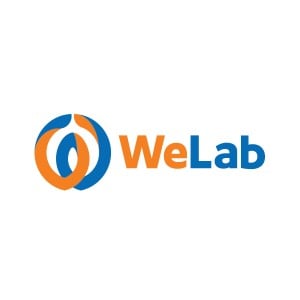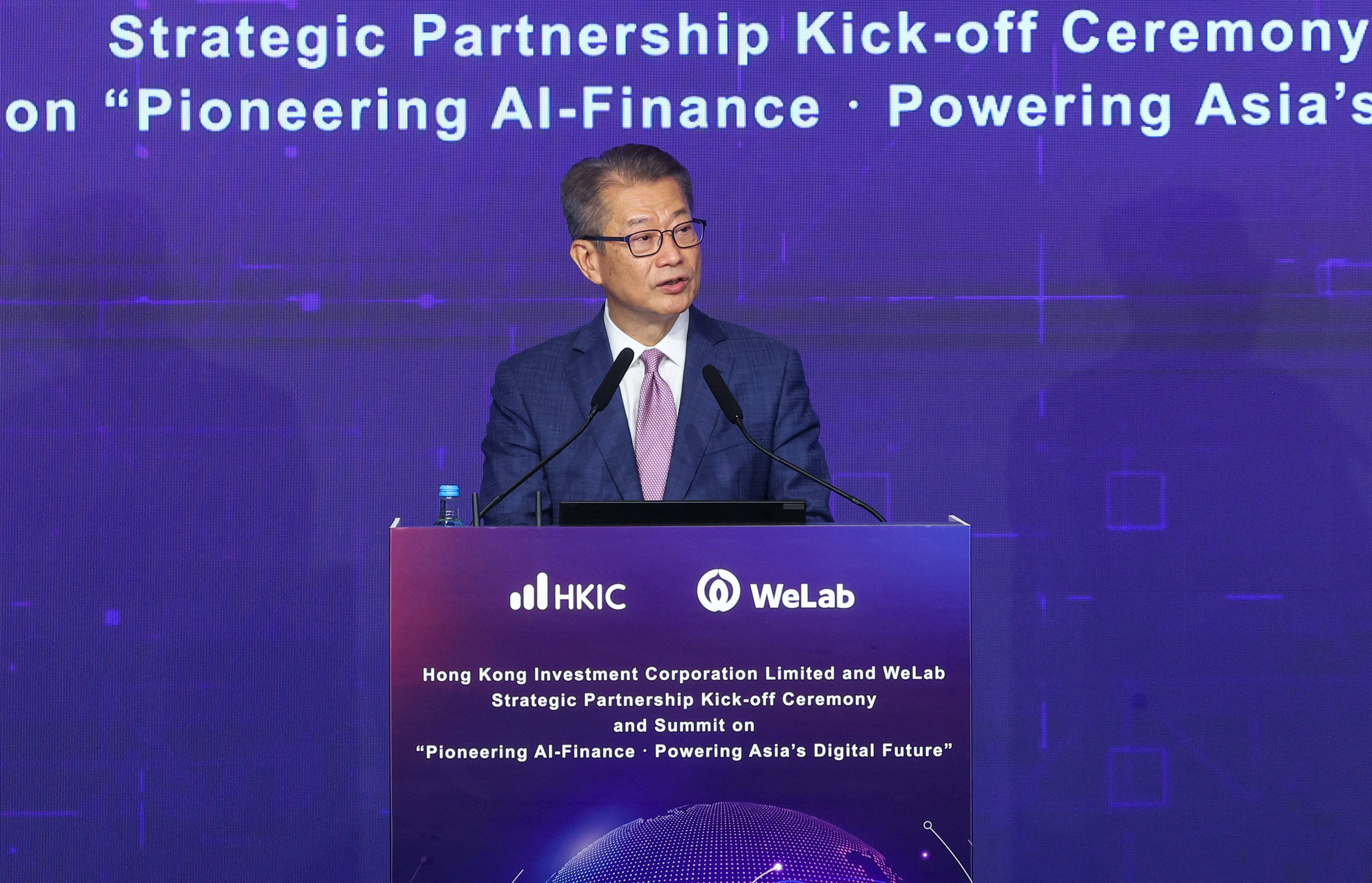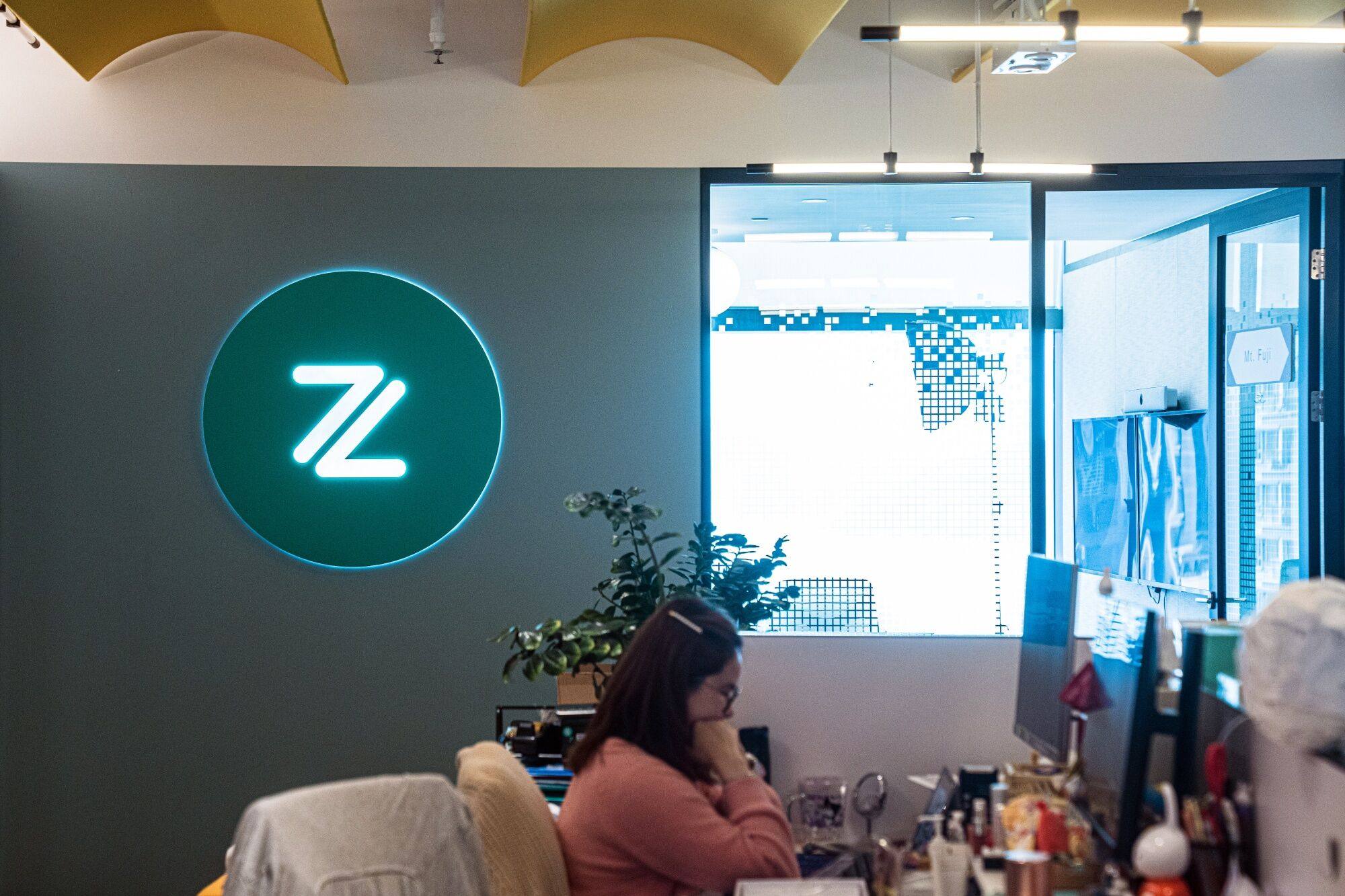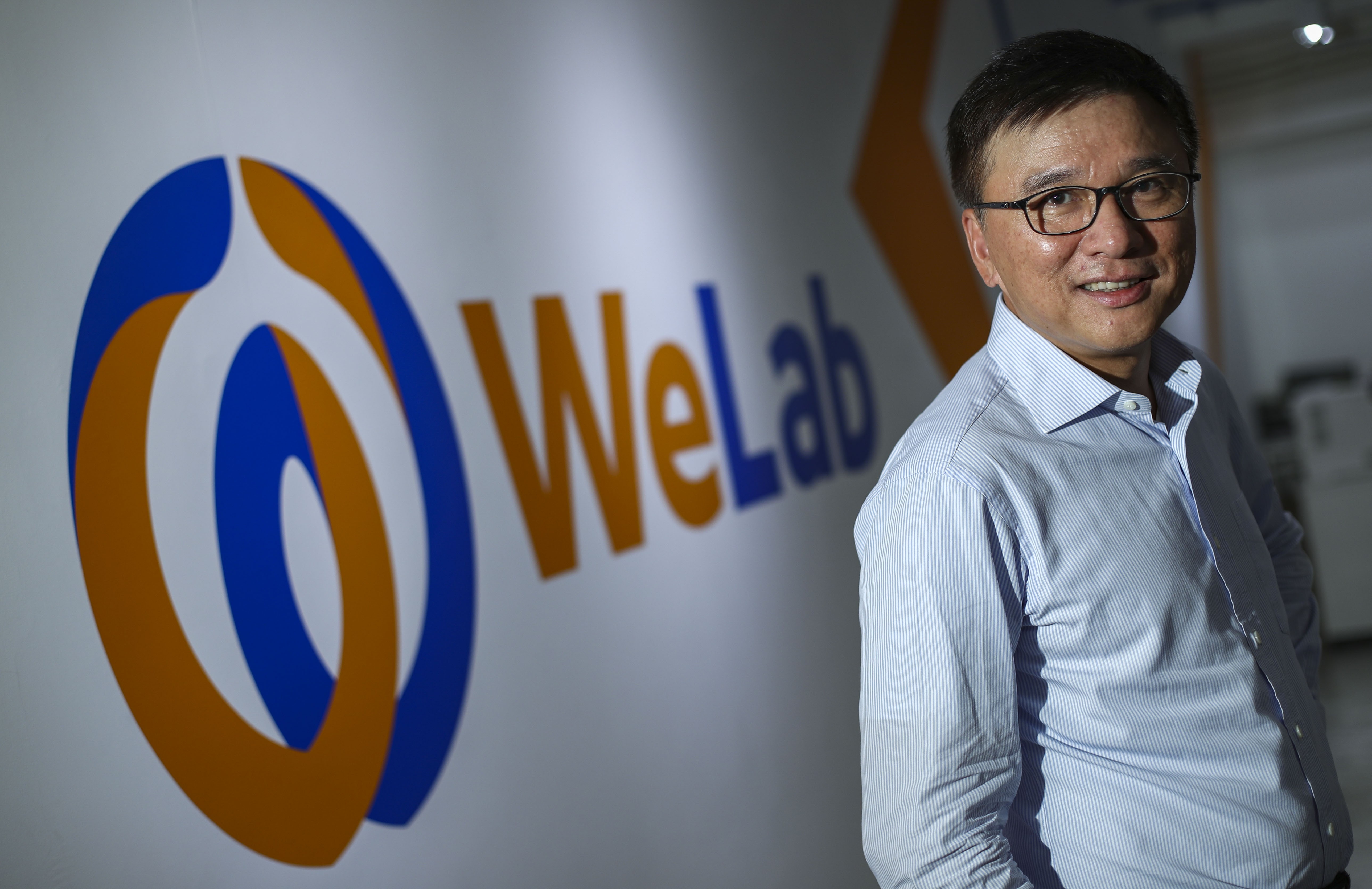
TOPIC
/ company
WeLab

WeLab
WeLab is a financial technology (fintech) company headquartered in Hong Kong that operates one of Hong Kong's first virtual banks and a mobile lending platform in China.
Chairman / President
Chan Ka Keung Ceajer
CEO / Managing Director
Lee Ka Tat
CFO / Finance Director
Donald Jeffrey Roberts
Industry
Financial Services
Website
welab.co
Headquarters address
Room 2205-12, 22/F, K11 Atelier King's Road, 728 King's Road, Quarry Bay, Hong Kong
Year founded
2013
Advertisement
Advertisement
Advertisement
Advertisement
Advertisement
Advertisement
Help preserve 120 years of quality journalism.
SUPPORT NOWAdvertisement
Advertisement
Advertisement
Advertisement
Advertisement
Advertisement
Advertisement
Advertisement
Advertisement









